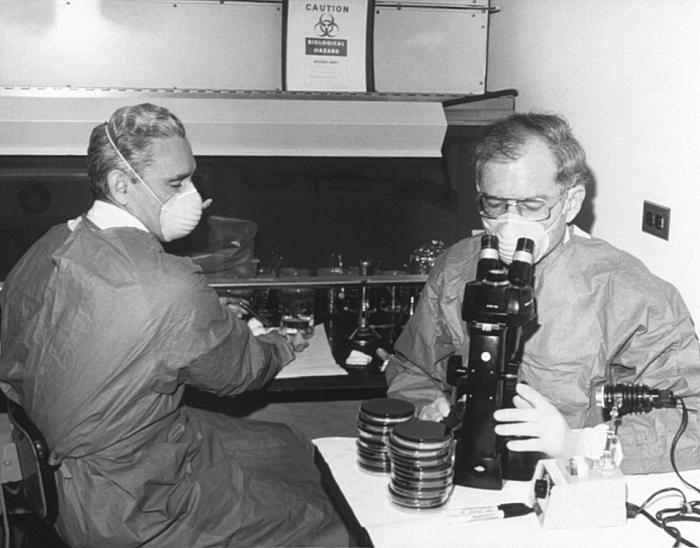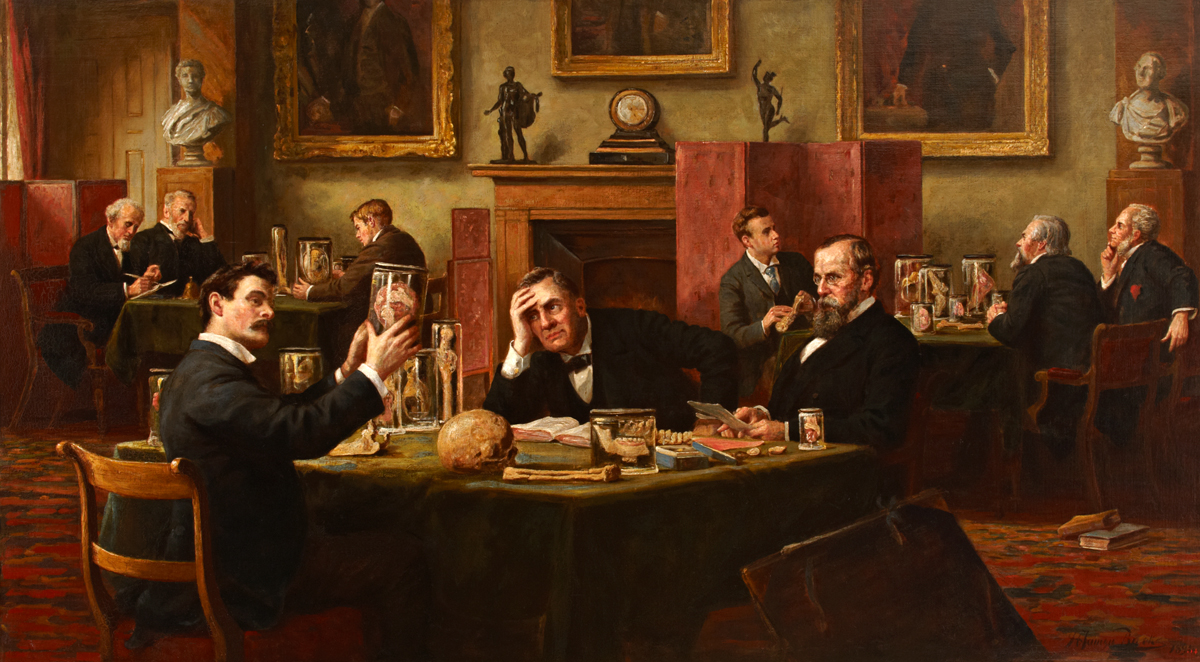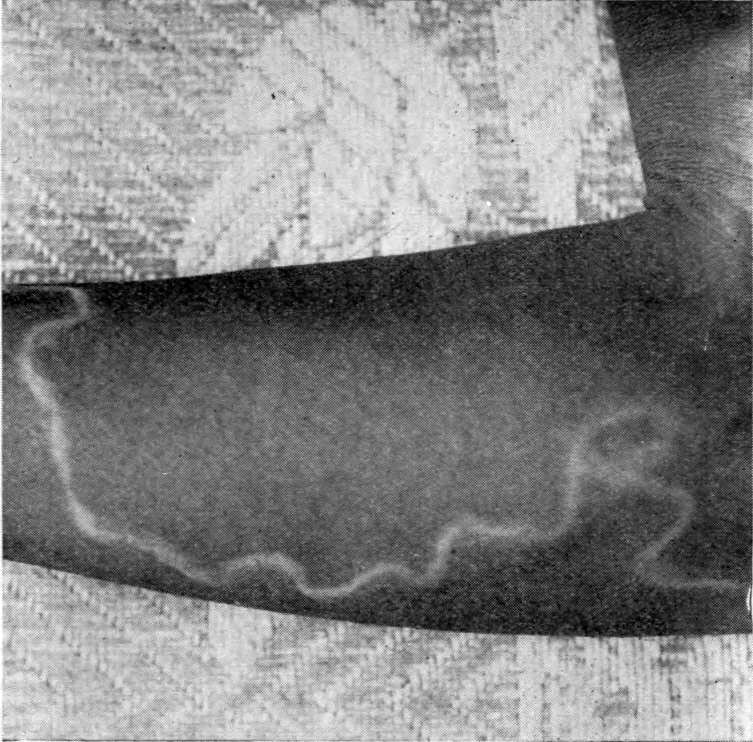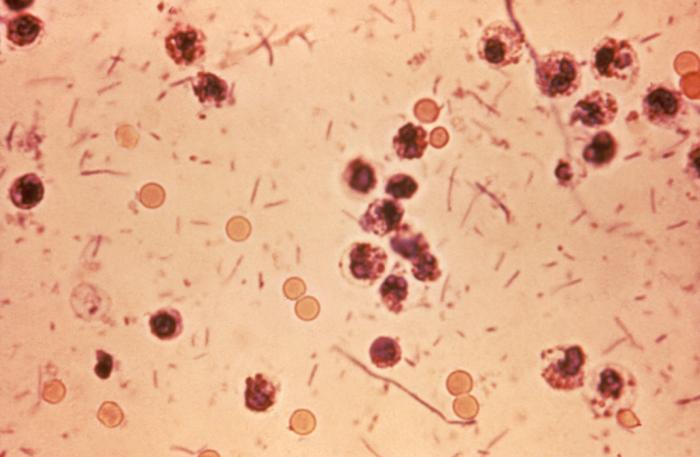|
James Paget
Sir James Paget, 1st Baronet FRS HFRSE (11 January 1814 – 30 December 1899) (, rhymes with "gadget") was an English surgeon and pathologist who is best remembered for naming Paget's disease and who is considered, together with Rudolf Virchow, as one of the founders of scientific medical pathology. His famous works included ''Lectures on Tumours'' (1851) and ''Lectures on Surgical Pathology'' (1853). There are several medical conditions which were described by, and later named after, Paget: * Paget's disease of bone * Paget's disease of the nipple (a form of intraductal breast cancer spreading into the skin around the nipple) ** Extramammary Paget's disease refers to a group of similar, more rare skin lesions discovered by Radcliffe Crocker in 1889 which affect the male and female genitalia. * Paget–Schroetter disease * Paget's abscess, an abscess that recurs at the site of a former abscess which had resolved. Life Paget was born in Great Yarmouth, England, on 11 Jan ... [...More Info...] [...Related Items...] OR: [Wikipedia] [Google] [Baidu] |
James Paget 1870
James may refer to: People * James (given name) * James (surname) * James (musician), aka Faruq Mahfuz Anam James, (born 1964), Bollywood musician * James, brother of Jesus * King James (other), various kings named James * Prince James (other) * Saint James (other) Places Canada * James Bay, a large body of water * James, Ontario United Kingdom * James College, a college of the University of York United States * James, Georgia, an unincorporated community * James, Iowa, an unincorporated community * James City, North Carolina * James City County, Virginia ** James City (Virginia Company) ** James City Shire * James City, Pennsylvania * St. James City, Florida Film and television * ''James'' (2005 film), a Bollywood film * ''James'' (2008 film), an Irish short film * ''James'' (2022 film), an Indian Kannada-language film * "James", a television episode of ''Adventure Time'' Music * James (band), a band from Manchester ** ''James'', US ... [...More Info...] [...Related Items...] OR: [Wikipedia] [Google] [Baidu] |
General Practitioner
A general practitioner (GP) is a doctor who is a Consultant (medicine), consultant in general practice. GPs have distinct expertise and experience in providing whole person medical care, whilst managing the complexity, uncertainty and risk associated with the continuous care they provide. GPs work at the heart of their communities, striving to provide comprehensive and equitable care for everyone, taking into account their health care needs, stage of life and background. GPs work in, connect with and lead multidisciplinary teams that care for people and their families, respecting the context in which they live, aiming to ensure all of their physical health and mental health needs are met. They are trained to treat patients to levels of complexity that vary between countries. The term "primary care physician" is used in the United States. A core element in general practice is continuity of care, that bridges episodes of various illnesses over time. Greater continuity with a gen ... [...More Info...] [...Related Items...] OR: [Wikipedia] [Google] [Baidu] |
Anatomy
Anatomy () is the branch of morphology concerned with the study of the internal structure of organisms and their parts. Anatomy is a branch of natural science that deals with the structural organization of living things. It is an old science, having its beginnings in prehistoric times. Anatomy is inherently tied to developmental biology, embryology, comparative anatomy, evolutionary biology, and phylogeny, as these are the processes by which anatomy is generated, both over immediate and long-term timescales. Anatomy and physiology, which study the structure and function of organisms and their parts respectively, make a natural pair of related disciplines, and are often studied together. Human anatomy is one of the essential basic sciences that are applied in medicine, and is often studied alongside physiology. Anatomy is a complex and dynamic field that is constantly evolving as discoveries are made. In recent years, there has been a significant increase in the use of ... [...More Info...] [...Related Items...] OR: [Wikipedia] [Google] [Baidu] |
Pathology
Pathology is the study of disease. The word ''pathology'' also refers to the study of disease in general, incorporating a wide range of biology research fields and medical practices. However, when used in the context of modern medical treatment, the term is often used in a narrower fashion to refer to processes and tests that fall within the contemporary medical field of "general pathology", an area that includes a number of distinct but inter-related medical specialties that diagnose disease, mostly through analysis of tissue (biology), tissue and human cell samples. Idiomatically, "a pathology" may also refer to the predicted or actual progression of particular diseases (as in the statement "the many different forms of cancer have diverse pathologies", in which case a more proper choice of word would be "Pathophysiology, pathophysiologies"). The suffix ''pathy'' is sometimes used to indicate a state of disease in cases of both physical ailment (as in cardiomyopathy) and psych ... [...More Info...] [...Related Items...] OR: [Wikipedia] [Google] [Baidu] |
Royal College Of Surgeons Of England
The Royal College of Surgeons of England (RCS England) is an independent professional body and registered charity that promotes and advances standards of surgery, surgical care for patients, and regulates surgery and dentistry in England and Wales. The college is located at Lincoln's Inn Fields in London. It publishes multiple medical journals including the ''Annals of the Royal College of Surgeons of England'', the ''Faculty Dental Journal'', and the ''Bulletin of the Royal College of Surgeons of England''. History The origins of the college date to the fourteenth century with the foundation of the "Guild of Surgeons Within the City of London". Certain sources date this as occurring in 1368. There was an ongoing dispute between the surgeons and barber surgeons until an agreement was signed between them in 1493, giving the fellowship of surgeons the power of incorporation. This union was formalised further in 1540 by Henry VIII of England, Henry VIII between the Worshipful Compa ... [...More Info...] [...Related Items...] OR: [Wikipedia] [Google] [Baidu] |
Muscle
Muscle is a soft tissue, one of the four basic types of animal tissue. There are three types of muscle tissue in vertebrates: skeletal muscle, cardiac muscle, and smooth muscle. Muscle tissue gives skeletal muscles the ability to muscle contraction, contract. Muscle tissue contains special Muscle contraction, contractile proteins called actin and myosin which interact to cause movement. Among many other muscle proteins, present are two regulatory proteins, troponin and tropomyosin. Muscle is formed during embryonic development, in a process known as myogenesis. Skeletal muscle tissue is striated consisting of elongated, multinucleate muscle cells called muscle fibers, and is responsible for movements of the body. Other tissues in skeletal muscle include tendons and perimysium. Smooth and cardiac muscle contract involuntarily, without conscious intervention. These muscle types may be activated both through the interaction of the central nervous system as well as by innervation ... [...More Info...] [...Related Items...] OR: [Wikipedia] [Google] [Baidu] |
Roundworm
The nematodes ( or ; ; ), roundworms or eelworms constitute the phylum Nematoda. Species in the phylum inhabit a broad range of environments. Most species are free-living, feeding on microorganisms, but many are parasitic. Parasitic worms (helminths) are the cause of soil-transmitted helminthiases. They are classified along with arthropods, tardigrades and other moulting animals in the clade Ecdysozoa. Unlike the flatworms, nematodes have a tubular digestive system, with openings at both ends. Like tardigrades, they have a reduced number of Hox genes, but their sister phylum Nematomorpha has kept the ancestral protostome Hox genotype, which shows that the reduction has occurred within the nematode phylum. Nematode species can be difficult to distinguish from one another. Consequently, estimates of the number of nematode species are uncertain. A 2013 survey of animal biodiversity suggested there are over 25,000. Estimates of the total number of extant species are subject to ev ... [...More Info...] [...Related Items...] OR: [Wikipedia] [Google] [Baidu] |
Parasitic Disease
A parasitic disease, also known as parasitosis, is an infectious disease caused by parasites. Parasites are organisms which derive sustenance from its host while causing it harm. The study of parasites and parasitic diseases is known as parasitology. Medical parasitology is concerned with three major groups of parasites: parasitic protozoa, helminths, and parasitic arthropods. Parasitic diseases are thus considered those diseases that are caused by pathogens belonging taxonomically to either the animal kingdom, or the protozoan kingdom. Terminology Although organisms such as bacteria function as parasites, the usage of the term "parasitic disease" is usually more restricted. The three main types of organisms causing these conditions are protozoa (causing protozoan infection), helminths ( helminthiasis), and ectoparasites. Protozoa and helminths are usually endoparasites (usually living inside the body of the host), while ectoparasites usually live on the surface of the h ... [...More Info...] [...Related Items...] OR: [Wikipedia] [Google] [Baidu] |
Trichinosis
Trichinosis, also known as trichinellosis, is a parasitic disease caused by roundworms of the '' Trichinella'' genus. During the initial infection, invasion of the intestines can result in diarrhea, abdominal pain, and vomiting. Migration of larvae to muscle, which occurs about a week after being infected, can cause swelling of the face, inflammation of the whites of the eyes, fever, muscle pains, and a rash. Minor infection may be without symptoms. Complications may include inflammation of heart muscle, central nervous system involvement, and inflammation of the lungs. Trichinosis is mainly spread when undercooked meat containing ''Trichinella'' cysts is eaten. Wild meat is more likely to contain the parasite. In North America this is most often bear, but infection can also occur from pork, boar, and dog meat. Several species of ''Trichinella'' can cause disease, with ''T. spiralis'' being the most common. After the infected meat has been eaten, the larvae are release ... [...More Info...] [...Related Items...] OR: [Wikipedia] [Google] [Baidu] |
Pathogen
In biology, a pathogen (, "suffering", "passion" and , "producer of"), in the oldest and broadest sense, is any organism or agent that can produce disease. A pathogen may also be referred to as an infectious agent, or simply a Germ theory of disease, germ. The term ''pathogen'' came into use in the 1880s. Typically, the term ''pathogen'' is used to describe an ''infectious'' microorganism or agent, such as a virus, bacterium, protozoan, prion, viroid, or fungus. Small animals, such as helminths and insects, can also cause or Transmission (medicine), transmit disease. However, these animals are usually referred to as parasites rather than pathogens. The scientific study of microscopic organisms, including microscopic pathogenic organisms, is called microbiology, while parasitology refers to the scientific study of parasites and the organisms that host them. There are several pathways through which pathogens can invade a host. The principal pathways have different episodic time ... [...More Info...] [...Related Items...] OR: [Wikipedia] [Google] [Baidu] |
Journal Club
A journal club is a group of individuals who meet regularly to critically evaluate recent articles in the academic literature, such as the scientific literature, medical literature, or philosophy literature. Journal clubs are usually organized around a defined subject in basic or applied research. For example, the application of evidence-based medicine to some area of medical practice can be facilitated by a journal club. Typically, each participant can voice their view relating to several questions such as the appropriateness of the research design, the statistics employed, the appropriateness of the controls that were used, etc. There might be an attempt to synthesize together the results of several papers, even if some of these results might first appear to contradict each other. Even if the results of the study are seen as valid, there might be a discussion of how useful the results are and if these results might lead to new research or to new applications. Journal clubs are ... [...More Info...] [...Related Items...] OR: [Wikipedia] [Google] [Baidu] |
St Bartholomew's Hospital
St Bartholomew's Hospital, commonly known as Barts, is a teaching hospital located in the City of London. It was founded in 1123 by Rahere, and is currently run by Barts Health NHS Trust. History Early history Barts was founded in 1123 by Rahere (died 1144, and entombed in the nearby Priory Church of St Bartholomew the Great), a favourite courtier of King Henry I. The dissolution of the monasteries did not affect the running of Barts as a hospital, but left it in a precarious position by removing its income. It was refounded by Henry VIII in December 1546, on the signing of an agreement granting the hospital to the Corporation of London.''St Bartholomew's Hospital'' ''Old and New London'': Volume 2 (1878), pp. 359–363. Retrieved 30 January 2009 The hospital became legally styled as the "House of the ... [...More Info...] [...Related Items...] OR: [Wikipedia] [Google] [Baidu] |








